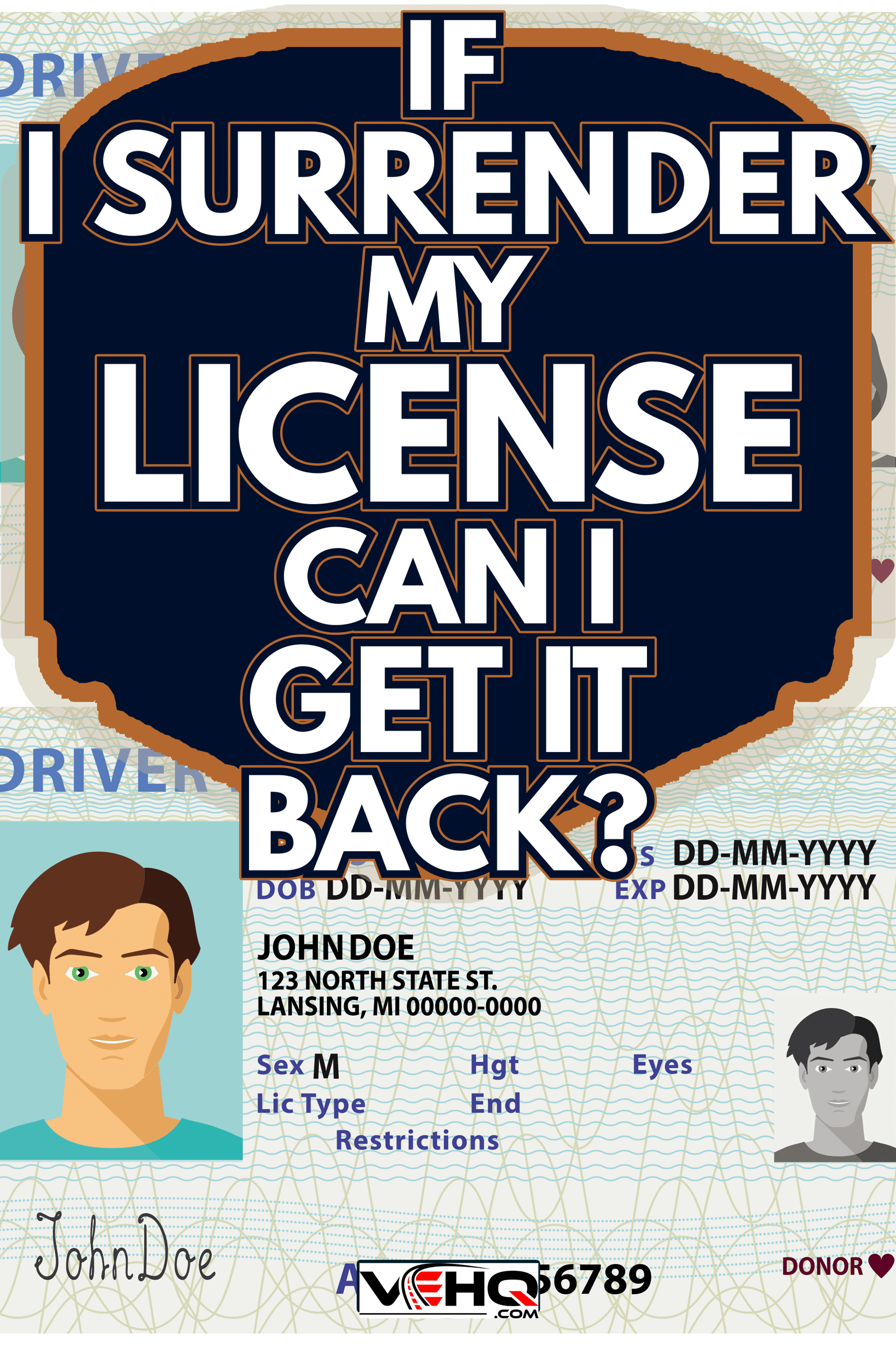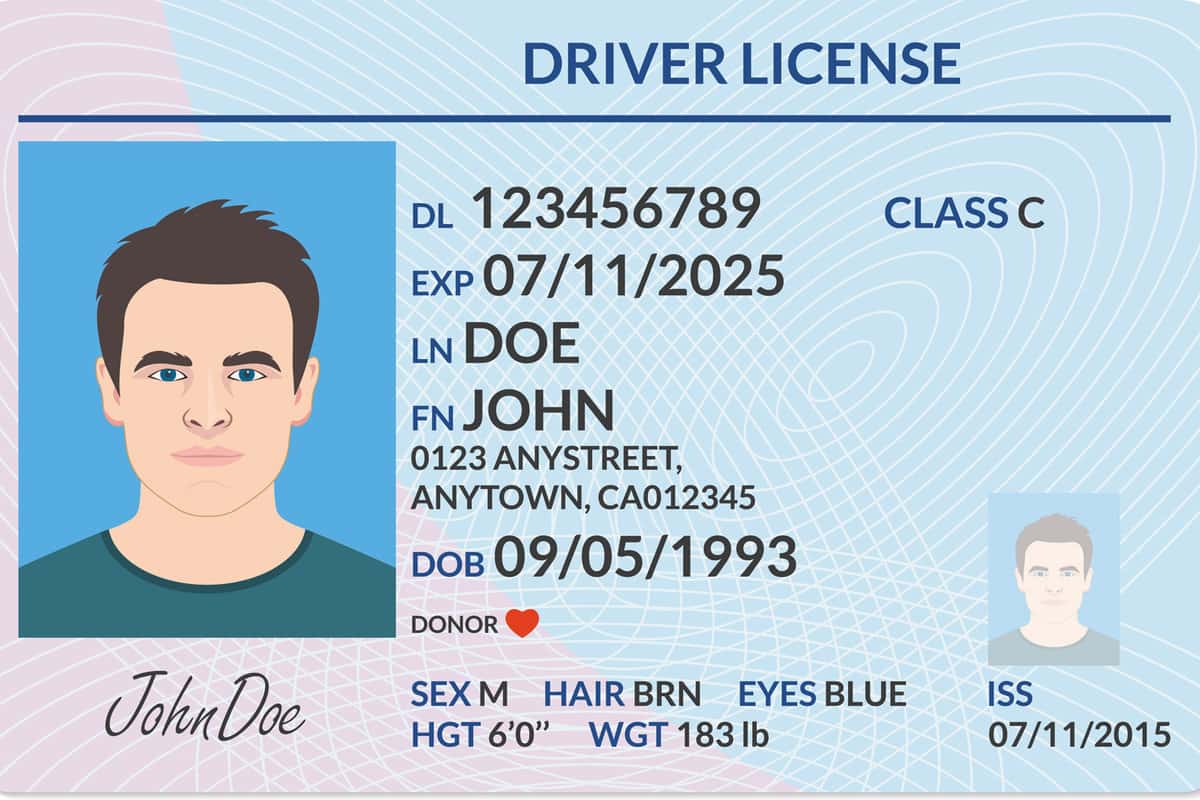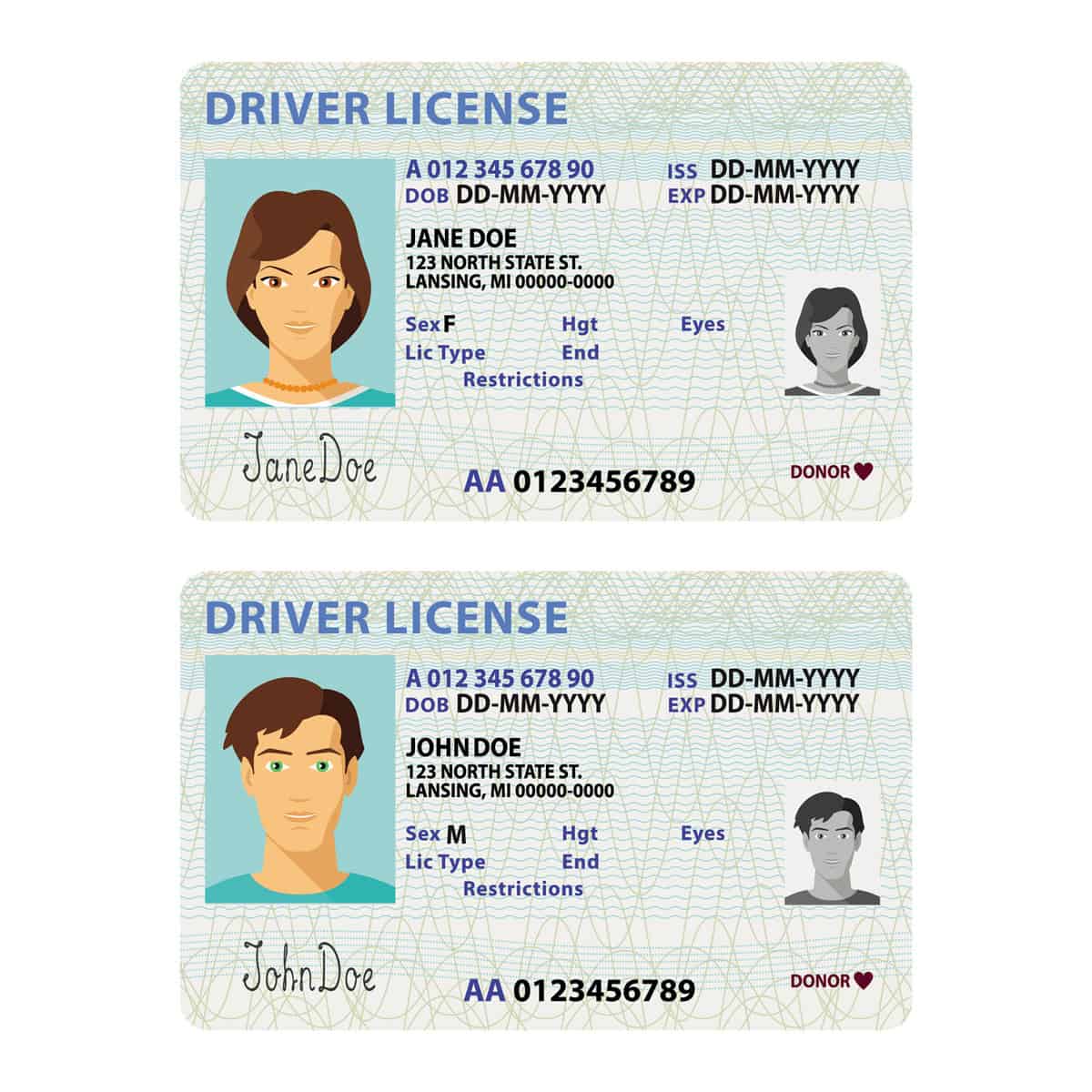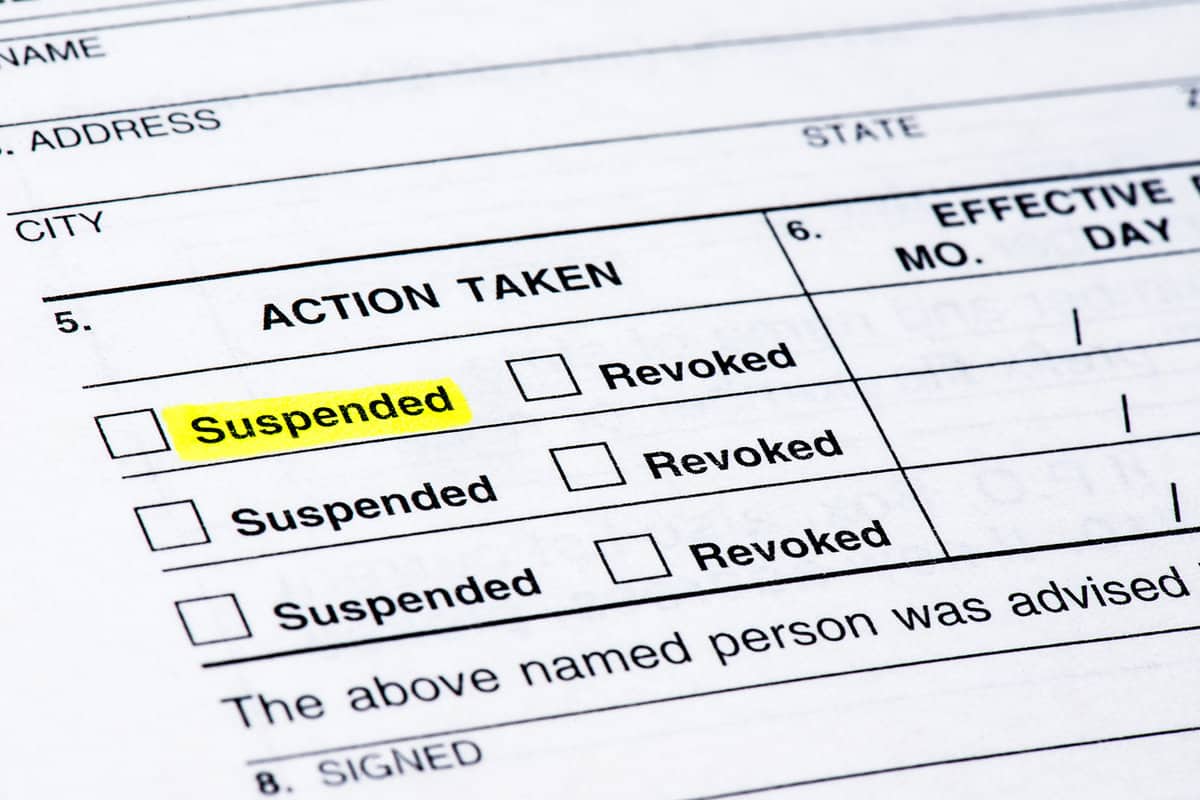Sometimes life will require you to make some tough decisions. Suppose you decide [or are required] to surrender your driver's license. If you are wondering if you will be able to get it back, we can help you. We researched driver laws from all 50 states so that you'll know for sure what you'll need to do.
In most cases, you should be able to get your license back if you have surrendered it. This might mean requalifying for it, however.
Now that we know that, in most cases, a surrendered license can be retrieved, we'll take a look at how this process can impact you. You might also be curious about the difference between a surrendered and suspended license or what happens if you drive without a valid license. For the answers to these questions and more, read ahead in this post to see what we've discovered in our research.

How surrendering your driver's license will impact your life

Each state has a different process for handling the reinstatement of a surrendered license. What will matter the most is why the license was suspended. If it is for medical reasons, a court or the DMV may require medical documentation that states that you will be ok to drive a motor vehicle again.
Whether suspended, revoked, or voluntarily surrendered, not having a driver's license will change things for you. Here are a few major points to consider if you are considering voluntarily surrendering yours.
A driver's license is the most commonly used form of legal ID
Many of us will use our driver's licenses as a primary form of photo identification. Surrendering your license technically means going to the DMV and turning it over. Doing so will mean that what you use to identify yourself is now in someone else's hands.
Thankfully, all 50 states have a state ID (sometimes known as a non-driver's ID) that you can receive. When surrendering your driver's license, be sure to inquire at the DMV about getting this ID issued to you. Without it, you won't be able to board an airplane, enter a government building, or even write a check.
Driving will not be an option
Even if you choose to give up your license, you will face severe penalties if you drive without it. Ahead in this post, we'll look at potential legal consequences for this. Just know that you can't get behind the wheel of a motor vehicle for any reason.
This will mean some careful planning on your part. Most urban areas have public transit like buses or trains, but those who live in rural areas or the suburbs might not have those available to them. Seniors might have special buses available to them in areas where mass transit isn't available. Many churches will have transportation for seniors or people with disabilities who need rides for errands.
Some without a driver's license will use a bicycle for transportation if they can physically do so. You won't be able to cover as much distance in a short period, but they will come in handy for those who can use them.
Getting your license back means requalifying
If you are ever in a position where you want your driver's license back, it's more complicated than just asking for it. Remember that this license has been surrendered, not temporarily given up. To get it back, you'll have to requalify.
This will mean passing all tests, written and driven, to become a legal driver once again. Depending upon the circumstances under which it was surrendered, you might need permission from the courts or your medical provider.
What will make you surrender your license?
Surrendering your license can happen due to several reasons. Many seniors will voluntarily surrender their licenses due to age, which is one of the most common reasons. Health issues are also a major factor in why someone might take it upon themselves to surrender this privilege.
In some states, someone might choose to surrender their license before a court orders it suspended. While you won't be able to drive when this happens, it can look better if you offer your license instead of being forced to surrender it. Of course, doing so will not absolve you from any court-ordered punishments for your offense, and you'd still need to reapply for a license should you ever wish to drive again.

What happens when I voluntarily surrender my license?
When you voluntarily surrender your driver's license, you agree that you will no longer operate a motor vehicle. In most cases, this is due to medical reasons. But when you move from one state to another and get licensed in your new state, you are technically surrendering your driver's license from your state of origin.
Without a driver's license, you will not be able to drive legally. Surrendering one license to get another from a new state of residency won't prohibit you from driving, of course. But suppose you voluntarily give up your driver's license for medical or other reasons. In that case, you should never get behind the wheel of a motor vehicle again until you can get relicensed.

What is the difference between a suspended license and a revoked license?
A suspended license means that you still have a license to drive but are temporarily barred from utilizing it. Suspensions are usually given as first or second offense punishments. Under certain circumstances, they can sometimes be used as a hardship license, allowing a suspended license to drive to and from work or to and from school.
A revoked license means that the law permanently removes the license. You will not be able to get it back and will be barred from applying for a new license for some time. In some instances, like multiple DUIs, you might not ever be able to reapply.
When your license is suspended, you will be able to get it back at the end of the suspension so long as any criteria laid out by the courts, and the DMV are met. No reapplying or retesting is needed. But when your license is revoked, if you are eligible to reapply, you will have to start over as you've never had a license.

What happens if I drive after I surrendered my driver's license?
Driving without a valid license is a serious offense in all 50 states. Those who get caught can face steep fines and possible jail time for the first offense. It can also keep you from getting your license reinstated for some time.
Alabama, for example, will find you between $100 and $500 and can sentence you to up to 180 days in jail. In California, you will have a fine between $300 and $1,000 and face a jail sentence of five days to six months. In Florida, the punishment is up to 60 days in jail and a fine of up to $5,000.
Whether surrendered voluntarily or by force, you will not be doing yourself any good driving without a license. Look for public transportation, walk when possible, or arrange rides with friends and family.

Final thoughts
The decision to surrender a driver's license can happen for several reasons. No matter the situation, you will not be able to drive a motor vehicle legally. Driving without a license carries some severe financial consequences and can even result in jail time for the first offense.
We hope this post answered all of your questions. For more helpful information for drivers, we suggest reading the following:
Can I Drive For Uber In Another State? [And How To Transfer]
How Long Does It Take To Get A Driver's License?
Are Car Tires Directional Or Non-Directional? [And How To Tell]
